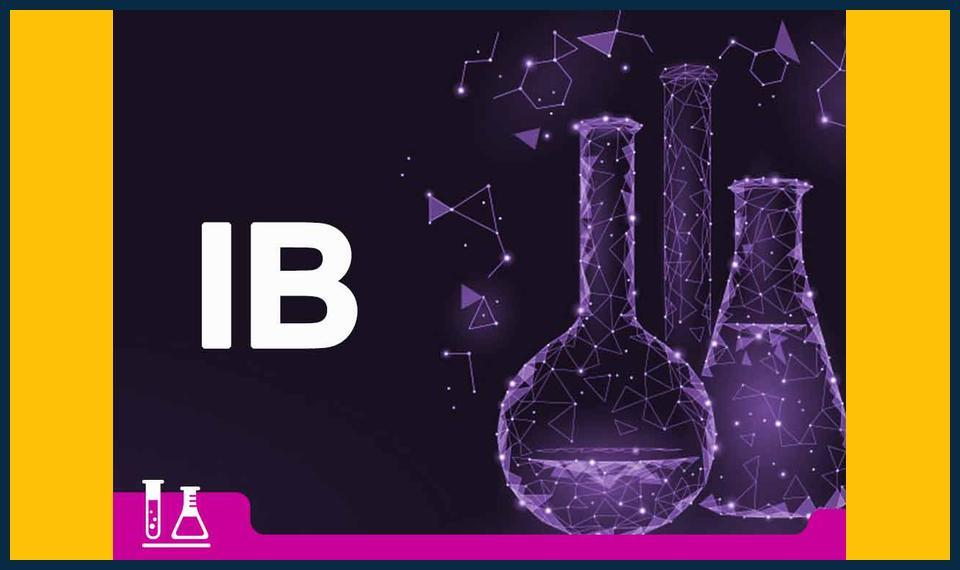![]()
Cracking the Code: A Comprehensive Breakdown of the International Baccalaureate (IB) Chemistry Exam Papers 🔬📚
Introduction💡
Welcome, students, parents, tutors, and teachers! Whether you’re embarking on your IB Chemistry journey or preparing for an upcoming exam, you’ve landed in the right place. This blog post offers an insightful breakdown of the IB Chemistry exam papers, providing practical tips, reallife examples, and actionable advice to help you excel in your studies.
Understanding the Exam Structure 📊
The IB Chemistry exam is divided into three papers: Paper 1 (Multiple Choice and Short Answer Questions), Paper 2 (Longer Questions and Case Studies), and Internal Assessment (Practical Skills). Each paper tests different aspects of your understanding, so it’s essential to tailor your studies accordingly.
Paper 1: Setting a Solid Foundation 🌱
Paper 1 (50% of the total marks) focuses on topics such as atomic structure, chemical bonding, thermodynamics, kinetics, and equilibrium. Tip: Regularly practice multiplechoice questions to boost your confidence and speed.
Paper 2: Applying Your Knowledge 💡
Paper 2 (37% of the total marks) requires a deeper understanding of topics like electrochemistry, organic chemistry, and chemical analysis. Insight: Focus on understanding the principles behind each topic rather than memorising facts.
Internal Assessment: Demonstrating Practical Skills 🔬
The Internal Assessment accounts for the remaining 13% of your marks. This practical work evaluates your ability to design, carry out, and analyze experiments. Actionable Advice: Ensure you document your work meticulously and discuss your findings with your tutor or teacher.
Revision Techniques for IB Chemistry 📚
1. Active Revision: Instead of passively reading notes, engage actively by teaching the material to someone else, summarising the information, or creating flashcards.
2. Practice Past Papers: Regularly practice past papers to familiarise yourself with the exam format and time pressure.
3. Focus on Conceptual Understanding: Instead of merely memorising facts, aim to understand the underlying principles and connections between topics.
Student Motivation and Parent Support 🤝
1. Set Realistic Goals: Break down your study plan into manageable steps, and celebrate small achievements along the way.
2. Encourage Regular Study Sessions: Consistency is key. Encourage your child to study regularly, even if for short periods, rather than cramming at the last minute.
3. Seek Professional Help: If needed, consider getting a tutor to provide personalised guidance and support.
FAQs ❓
- 🎓 What’s the best way to prepare for the IB Chemistry exams?
Answer: A combination of regular study, active learning, practice of past papers, and seeking help from a tutor can significantly boost your preparation.
- 🔬 How important is practical work in the IB Chemistry exam?
Answer: The Internal Assessment accounts for 13% of your overall marks, so it’s crucial to dedicate time to this practical aspect.
- ⏱ How much time should I spend studying for each section of the IB Chemistry exam?
Answer: Allocate your study time proportionally to each paper’s weightage: approximately 50% for Paper 1, 37% for Paper 2, and 13% for the Internal Assessment.
- 📚 Are flashcards helpful for studying IB Chemistry?
Answer: Yes, creating flashcards can be an effective way to reinforce key concepts and revise on the go.
- 🤝 How can parents support their child during IB Chemistry studies?
Answer: Parents can encourage regular study, set realistic goals, and provide emotional support when needed.
- 📅 Is it better to study daily or in longer sessions?
Answer: Consistency is key. Regular, shorter study sessions are generally more effective than infrequent, longer sessions.
- 👨🏫 Should I consider hiring a tutor for IB Chemistry?
Answer: If you’re struggling with certain topics or need additional guidance, a tutor can provide personalised support to help you excel in your studies.




